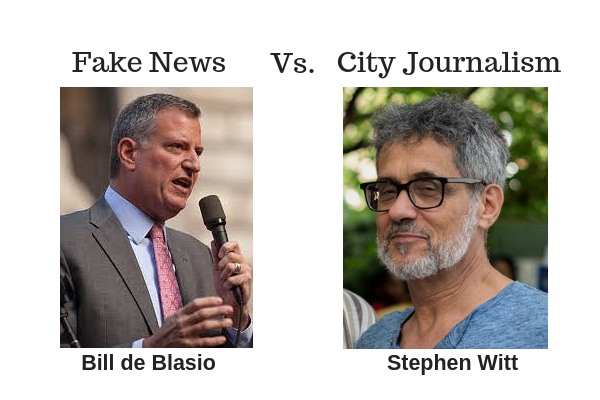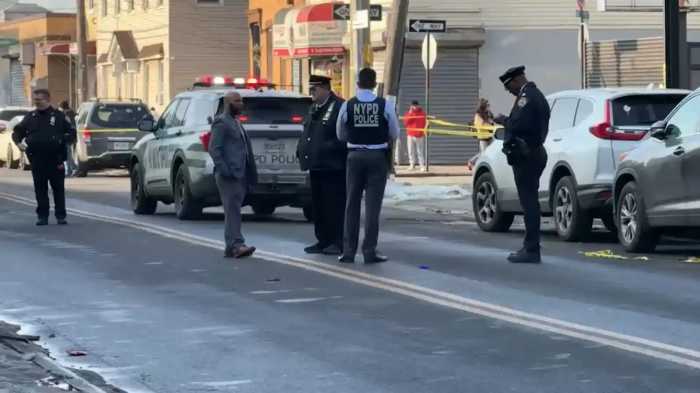The Mayor’s charter commission yesterday approved proposals that would increase public financing of city elections, but gave little consideration to coming up with a formula to help homegrown local media.
 Under the proposals, the city will increase public taxpayer matching funds for city candidates running for office from $6 in taxpayer money for every $1 raised in small contributions for candidates to a $8-to$1 ratio. However, once public money is doled out, a large portion of it goes to political consultants, who often also have clients with business before government such as public sector unions as well as corporate and real estate entities.
Under the proposals, the city will increase public taxpayer matching funds for city candidates running for office from $6 in taxpayer money for every $1 raised in small contributions for candidates to a $8-to$1 ratio. However, once public money is doled out, a large portion of it goes to political consultants, who often also have clients with business before government such as public sector unions as well as corporate and real estate entities.
Kings and Queens County Politics’ own Publisher Stephen Witt is advocating for some of that public money to be earmarked for local media covering elections. Thresholds could be established wherein the media involved would have to show they have been covering local and citywide races.
But in a recent sitdown with Mayor Bill de Blasio, he categorically rejected the idea
“I don’t think it’s fair or constitutional to dictate to a candidate, even with use of public funds, what they specifically have to spend it on,” said de Blasio, who is not an attorney.
“I’m simply saying that I cannot, on first blush hearing it for the first time, I’m not comfortable mandating it. I think it creates too much of a legal and fairness challenge. I am comfortable with maximizing the City’s spending for all the things we normally spend on to advertise with community and ethnic media,” he added.
For his 2017 re-election campaign, de Blasio received almost $3.5 million in matching funds to give him a total of over $10 million. Of that he spent only $5,000 with local media – the Queens Tribune, according to the Campaign Finance Board website.

On the other hand, de Blasio spent millions of dollars with campaign consultants that also represents clients with business before city government such as BerlinRosen. Additionally, De Blasio spent an undocumented amount money in digital ads on Facebook, Google and Twitter that was handled through third-party consultants and listed as digital ads.
The money was spent on these social media giants as they have come under increased scrutiny on the types of political advertising they take, disclosure on who takes out the ads and how these entities censure content and police themselves.
In just the last few months, local publishing has taken massive hits, including the shuttering of DNA Info, The Village Voice and the slashing of more than 50 percent of workers at the New York Daily News.
Even the borough’s own Bklyner had to launch a membership campaign last December in a bid to stay afloat amongst the fray.
Witt also floated his proposal to the de Blasio’s appointed New York City Charter Revision Commission, who said the deadline for changes had passed, but that the City Council still had power to change spending rules.
“The mayor is quick to act like President Trump in calling out the media for its unfairness, but when it comes to putting his and/or the city’s money where his mouth is he comes up short,” said Witt.
“By expanding the city’s Campaign Finance Board role, which by its very charter is bipartisan, to help fund local media that covers city elections would help foster grassroots media that is so desperately needed,” he added.
Voters will get a chance to approve or reject the Charter Commission’s proposals on Nov. 6.










